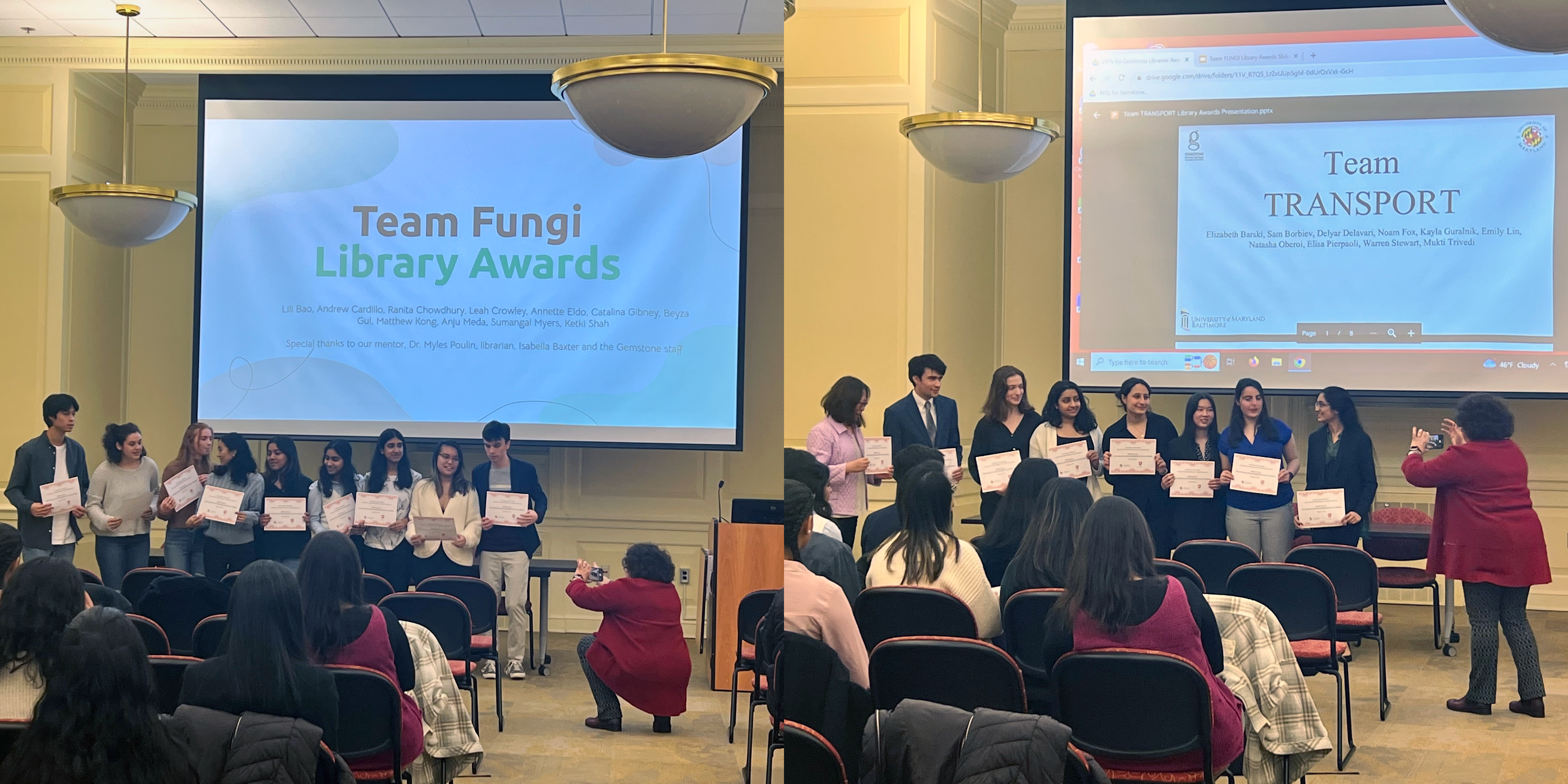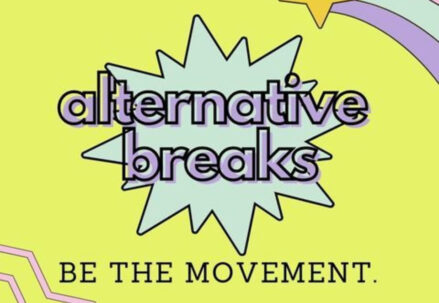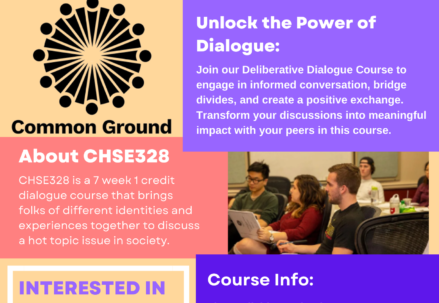“Think of librarians as your partners for your whole lives. We are catalysts for lifelong learning!”
– Dean Adriene Lim of UMD Libraries at the 2023 Gemstone Library Awards Ceremony
Just in time for National Librarian Day on April 16, the annual University Libraries Award for Outstanding Gemstone Team Ceremony held at McKeldin Library recently celebrated student research teams who have made outstanding use of library resources, with the support of a librarian dedicated to working with each team. Students presented their work on a range of important topics, which include exploring new cancer treatments, using fungal extracts and gene editing to counter antibiotic resistance, testing the use of computer vision systems to protect beehive colonies and identifying equity gaps for Black maternal health and men with eating disorders.
“Research is all about putting imagination and effort into learning more,” said Gemstone’s faculty director, Dr. David Lovell, at the ceremony. “Libraries provide a springboard for our students to dive into their research.”
Gemstone is a multidisciplinary four-year research program for undergraduate Honors students of all majors. Under the guidance of faculty mentors from across campus, teams of students design, direct, conduct and often publish significant research in a variety of fields. A unique component of the program is that each research team is paired with a library liaison from UMD Libraries. The partnership has been in place since the start of the Gemstone program over 25 years ago.
“Librarians were baked into Gemstone since the very beginning,” said Nevenka Zdravkovska, head of the STEM Library and liaison for Team TRANSPORT, which won first place among the junior-year teams for their exploration of pancreatic cancer treatments that are less toxic and damaging to the body than chemotherapy and radiation.
The awards ceremony featured presentations by three sophomore- and three junior-year teams about their research process and how they availed themselves of library resources. The judging panel included Lovell, Gemstone’s associate director Dr. Allison Lansverk, and librarians Yelena Luckert, Rachel Gammons, Lindsay Carpenter and Daniel Mac.
Gemstone students begin developing research ideas in their freshman year. According to one of the goals of the program, their research should “advance knowledge and explore society’s urgent questions.” Each student has an opportunity to propose an idea, backed by initial research to demonstrate its feasibility. Group discussions ensue and students begin to combine similar ideas to form teams of about 7-15 members. Developing the research idea often requires a few pivots and a lot of collaboration.
“Our team is made up of mostly computer science and computer engineering majors, and we were initially interested in any topic related to neuromorphic engineering, or systems that model the human brain,” said Ayman Fatima of Team HiveMIND, which landed on using a dynamic vision sensor (DVS) to observe the behavior of bees and promote hive health. Teammate Rohan Mathur explained, “Bees move quickly, and the DVS can process faster than a regular camera, mimicking the processing speed of the human eye. The apparatus helps us observe the bees and determine the health of the hive.”
In addition to proposing a significant topic and sound methodology, teams are required to describe the potential social impact of their research, demonstrating how their work connects to target communities. For example, Team Black Mamas Matter (BMM) is looking at attitudes and perceptions related to medical care for Black women through surveys and interviews.
“As a team, we all care about making an impact on health care for Black mothers in Prince George’s County,” said Esohe Owie. Her teammate Stephanie Fishkin added, “Our research is for the community, by the community, and matches community needs.”
To make connections between these various aspects of their work, librarians direct students to UMD’s library resources, including databases and interlibrary loan services. Librarians also help teams narrow their research scope, define a research plan and access campus resources like 3D printers, meeting rooms and makerspaces. They mentor students in ethical research standards, secure data storage, citation guides and reference management.
Emily Cranwell Deinert, a humanities and social sciences librarian, worked with Team BMM to hone their literature review and methodologies. She has provided feedback on their writing, as well as made suggestions to address gaps in their research.
“Team BMM is working on such a timely topic,” said Deinert. “They are seeing the humanistic impact of their research, which will drive them to succeed in addressing this large social problem.”
Students have learned that among a librarian’s superpowers is the ability to locate hard-to-find resources. For example, Team SUPERBUG is investigating the prevalence of bacteria that have become resistant to drugs and they are using genetic editing to increase the effectiveness of life-saving antibiotics. They identified a particular bacterial strain to study, and their librarian, Nedelina Tchangalova, helped them find the original paper by the researcher who created the strain in the 1970s. Being able to access this paper helped them strengthen their proposal and hone their topic.
“We couldn’t find the paper anywhere but Ms. Tchangalova helped us search the databases by pulling on many different threads,” said SUPERBUG team member Neha Sripathi. “She worked her wizardry and we had a scan of the paper two days later!”
The Gemstone program gives students an opportunity to learn how to do research early on in their careers. This experience is unique because the research is heavily directed by undergraduates.
“Our research in Gemstone is different from experiences I’ve had working in other labs because we are working on our own idea, not the idea of a faculty member or graduate student,” said senior Samat Borbiev of Team TRANSPORT.
Celina McDonald is the librarian working with Team UNITED, which is addressing the relative lack of research on men with eating disorders. She remembers never wanting to ask questions when she was an undergraduate, so her philosophy is to make sure students know she is there to help. McDonald’s guidance on navigating resources helped the team identify disparities in eating disorder research and she also mentored them on ethical research principles.
“Because our work is entirely student-led, we feel a sense of ownership,” said Lili Bao, a member of Team FUNGI, which won first place among the sophomore teams for their proposal to use fungal extracts to treat the infections that are commonly found in hospitals and other medical settings. Their librarian, Isabella Baxter, walked them through how to maximize their database searches and tweak their research scope as they gather resources.
As with any research, the projects often run up against challenges and students learn to adapt to new ideas and information. Besides learning hard skills directly related to research like database searches, lab techniques and grant writing, they also learn soft skills like teamwork and bouncing back from setbacks.
“I thought research was supposed to always go in an orderly fashion, but I’ve learned that it’s a nonlinear process,” said Fatima. “Now that I know how it all works, I feel more involved when I read other research papers.”
The librarians enjoy working with the student teams year after year and feel inspired by the contributions of these undergraduates.
“I have been working at UMD for 11 years and I am always amazed to see how their projects evolve,” said McDonald. “Librarians are here because we like to help, but the real stars are the students!”
To learn more about the Honors College’s Gemstone program, visit gemstone.umd.edu.
By Kate Spanos ’16 Ph.D. theatre, dance, and performance studies











